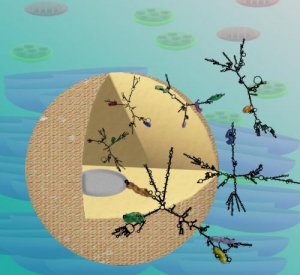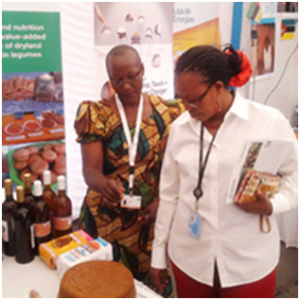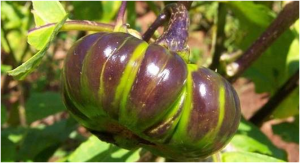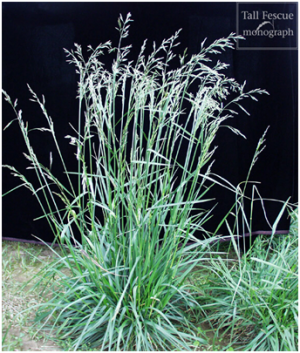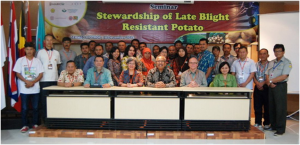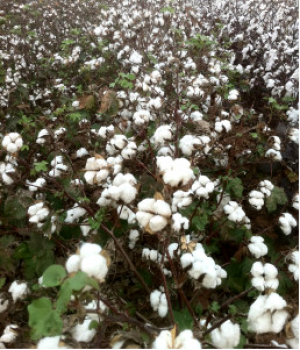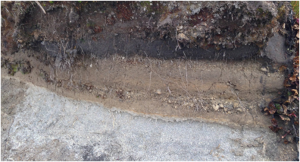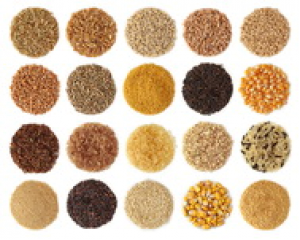|
HudsonAlpha Develops Computational Tool to Improve Plant Breeding
Tuesday, 2021/08/17 | 07:29:29
|
|
Plant breeder Josh Clevenger and computational biologist Walid Korani at HudsonAlpha Institute of Biotechnology have worked together to develop Khufu, a computational tool that can quickly and accurately identify and analyze complex genomes to improve crops for more robust and sustainable agriculture.
Clevenger, a faculty investigator, wanted to bridge the gap between science and nature by rapidly introducing beneficial traits into cultivated crops. To do this, his team at HudsonAlpha developed a better computational tool to help identify genetic factors to select for beneficial traits, and new, rapid breeding practices introducing these traits into existing crop lines. To map traits to genes, the DNA sequences of the plants being studied must be lined up against a reference genome. It is hard for the software to map short DNA reads to a reference genome and accurately identify molecular markers like single-nucleotide polymorphisms (SNPs) that correlate with an observed trait. After years of struggling with identifying SNPs in peanuts, Clevenger joined with Korani to develop Khufu.
Khufu uses low coverage, short-read sequencing data to provide genotyping results at a fraction of the normal cost and provides extremely accurate SNP identification using very low coverage sequence data. According to Clevenger, collaborators can expect fast results, with analyses being done within days of the sequence being generated.
For more details, read the article on the HudsonAlpha website. |
|
|
|
[ Other News ]___________________________________________________
|


 Curently online :
Curently online :
 Total visitors :
Total visitors :
